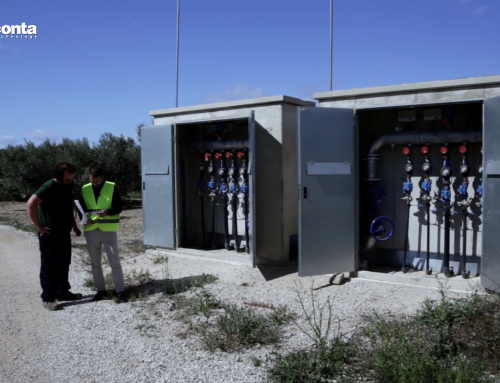Water is a vital resource for life and human well-being, so it is important that it is measured accurately to ensure efficient use. This means that water meters must be reliable and precise. In the past, this was done with mechanical meters, but now digital and smart meters are being used to measure water. These meters offer more accurate measurement and greater efficiency in water use.
What are digital and smart meters?
Digital and smart meters are electronic devices used to measure water consumption. These meters have a digital display that shows real-time water consumption. This means that users can see how much water they are using at any time. These meters also have an internal memory that stores water consumption data for later analysis.
Advantages of these types of meters
Digital and smart meters offer more accurate measurement and greater efficiency in water use. These meters are more precise than mechanical meters, which means that users can be sure they are getting an accurate measurement of their water consumption. This also means that users can adjust their water consumption to save money.
Additionally, they allow for better water resource management by monitoring consumption in real time and detecting leaks more efficiently.
Digital and smart meters also have greater durability than mechanical meters, meaning they require less maintenance and replacement. This reduces long-term costs for users and service providers.
It is important to note that the connection of digital and smart meters allows for greater transparency in water billing and better communication between users and service providers. This means that users can be sure they are receiving accurate bills and can resolve any issues more efficiently.
Functions of digital and smart meters
Digital and smart meters have a number of useful functions. These meters can be programmed to monitor water consumption and send alerts when a predetermined threshold is reached. This means that users can stay aware of their water consumption and take measures to save water.
They can also be programmed to detect water leaks. This means that users can be sure that their meters are detecting any water leaks and alerting them to take action to solve the problem. This means that users can save money by preventing water leaks.
Connection of digital and smart meters
These meters can also connect to data networks. This means that users can access their meters from anywhere with an Internet connection. This means that users can view real-time water consumption from anywhere with an Internet connection. This also allows users to track their water consumption and adjust their usage accordingly.
Additionally, the Internet connection allows water service providers to monitor users’ consumption and detect abnormal patterns. This means that service providers can detect leaks and fix them before they cause significant damage or costs.
Digital and smart meters have a number of useful functions that can help users monitor their water consumption, detect leaks, and access their information from anywhere with an Internet connection.



